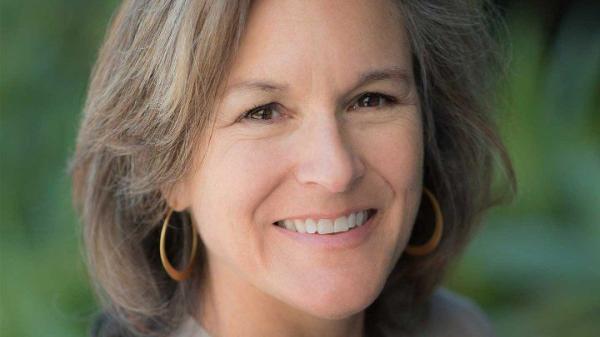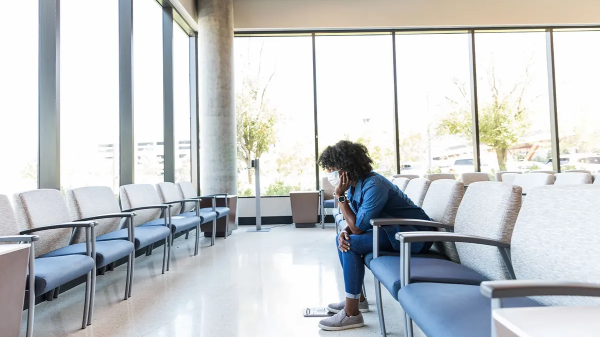Research Shows the Long-term Physical, Mental and Economic Harm of Abortion Denial on Women and Their Families

More than 100 social science experts filed an amicus brief led by experts at UC San Francisco and the University of Texas urging the Supreme Court of the United States to reject Mississippi’s ban on abortions past 15 weeks. The law will be reviewed in the Supreme Court case Dobbs v Jackson Women’s Health, which will be heard on Dec. 1, 2021. The brief explains what is known about why women seek abortions past 15 weeks, which is when the Mississippi law would ban them, how upholding this law would deny access to abortion care in half the United States, and the long-term harm women experience when they are denied an abortion.
The researchers who led the brief are based at Advancing New Standards in Reproductive Health (ANSIRH) at UCSF and the Texas Policy Evaluation Project (TxPEP) at UT Austin. The brief describes the extensive research on the safety of abortion, the harms of denying someone a wanted abortion, and the severe reduction in care if the Mississippi abortion law were allowed to stand. The brief has been signed by more than 100 social scientists based at research universities and institutions throughout the U.S.
Indicators of reproductive, maternal, and child health in Mississippi are among the worst in the country. Even before this abortion ban, nearly 9 in 10 (87 percent) Mississippi patients who were seeking an abortion experienced hardships, such as missing work, delaying expenses or selling something of value, traveling more than 50 miles, and needing to stay overnight. The brief shows that this abortion ban would create additional logistical and other hurdles for women seeking abortion care, such as out-of-state travel, higher costs, and other restrictions like multiple visits. Banning abortions at 15 weeks, before many women can receive abortion care, may force many to forego an abortion altogether. The brief further argues that forcing women to carry an unwanted pregnancy to term increases the risk of complications, injury, and death, since women are fourteen times more likely to die from giving birth than they are from an abortion. This risk is even higher in Mississippi, where pregnancy-related deaths are almost twice the national average, and pregnancy-related deaths are nearly three times higher among Black people than white people.
If the ban is upheld, abortion care would be restricted for almost half of the United States, as 22 states, home to 41 percent of women of childbearing age, are poised to ban abortion if Roe v Wade is overturned, in whole or in part.
“The Mississippi ban will increase the considerable barriers to obtaining an abortion and ultimately put abortion out of reach for millions across the country. We urge the Supreme Court to reject this law. Our research shows that when people are denied a wanted abortion, they and their families suffer worse physical, mental, and economic outcomes,” says Diana Greene Foster, PhD, professor of obstetrics, gynecology and reproductive sciences and director of research at Advancing New Standards in Reproductive Health (ANSIRH) at UCSF.
Our research shows that when people are denied a wanted abortion, they and their families suffer worse physical, mental, and economic outcomes.
“Texans have already seen how devastating these laws can be on people’s lives and access to care – first in March 2020 when the state ordered a near total ban on abortion in the early days of the coronavirus pandemic and again in September 2021 when a six-week ban went into effect,” said Kari White, PhD, MPH, principal investigator of the Texas Policy Evaluation Project (TxPEP) and associate professor of sociology and social work at the University of Texas at Austin. “The Supreme Court should consider the quality and volume of research evidence about the harms of denying people real access to abortion and reject Mississippi’s ban.”
The ruling in this case could determine what access, if any, people would have to abortion care not only in Mississippi, but also across the country. The Supreme Court is expected to rule on Dobbs v. Jackson Women’s Health next year.
To read the full brief, click here.
Advancing New Standards in Reproductive Health (ANSIRH), based at UCSF, conducts rigorous scientific research on complex issues related to reproductive health in the United States and internationally and provides much needed evidence for active policy debates and legal battles around reproductive health issues.
The Texas Policy Evaluation Project (TxPEP) is a collaborative group of investigators based at The University of Texas at Austin Population Research Center conducting methodologically principled research to evaluate the impact of reproductive health policies and programs in the state of Texas.
The University of California, San Francisco (UCSF) is exclusively focused on the health sciences and is dedicated to promoting health worldwide through advanced biomedical research, graduate-level education in the life sciences and health professions, and excellence in patient care. UCSF Health, which serves as UCSF’s primary academic medical center, includes top-ranked specialty hospitals and other clinical programs, and has affiliations throughout the Bay Area.




